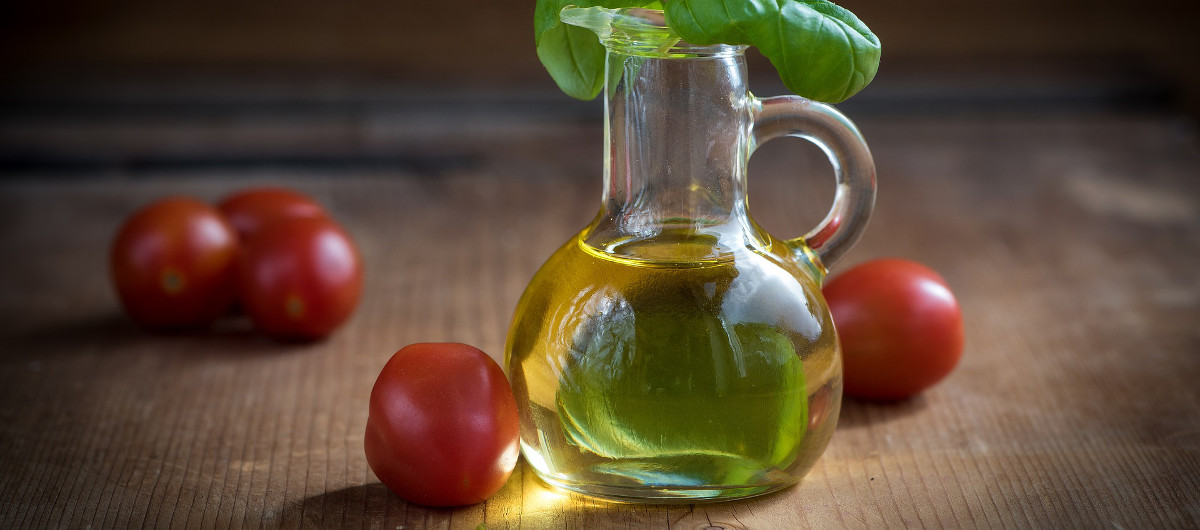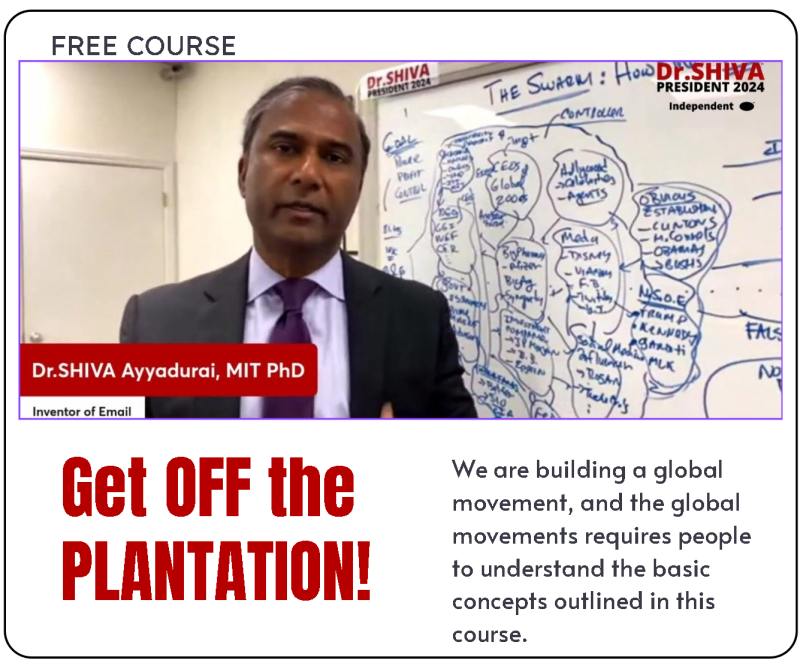
A recent article on latimes.com said:
“The fight against breast cancer may begin in the kitchen. A new study suggests that women can dramatically reduce their risk of the disease by following a version of the Mediterranean diet that goes heavy on extra virgin olive oil.
Data from a large, randomized clinical trial show that women who did so were 62% less likely to be diagnosed with breast cancer compared with women who were simply asked to reduce the overall amount of fat in their diets. The results were published Monday in the journal JAMA Internal Medicine.
The clinical trial, known as PREDIMED, was designed to assess the cardiovascular benefits of the Mediterranean diet, which emphasizes fruits, vegetables, whole grains, fish and olive oil. Participants were randomly assigned to one of three groups – Mediterranean diet supplemented with extra virgin olive oil, Mediterranean diet supplemented with mixed nuts, or a regular low-fat diet.
After tracking nearly 7,500 people for about five years, the researchers had compelling evidence that those who were on either type of Mediterranean diet had better heart health than their counterparts who weren’t. The trial was ended in 2010.” (Ref: http://www.latimes.com/science/sciencenow/la-sci-sn-mediterranean-diet-olive-oil-breast-cancer-risk-20150914-story.html)
The article above further establishes the wisdom and science behind traditional cuisines and eating habits.
After many millennia of trial and error, indigenous and traditional cultures had a profound sense of what was good food. They knew how to combine food, when to eat food, and how to process food so our bodies received the optimal nutrition. Their food was, by its very nature, good and clean.
We encourage you to take advantage of the webinar by Dr. Shiva Ayyadurai, a Ph.D in Systems Biology from the Department of Biological Engineering (formerly known as the Food and Nutrition Science Department), where he provides the details of what constitutes good and clean food.
You May Also Be Interested In








